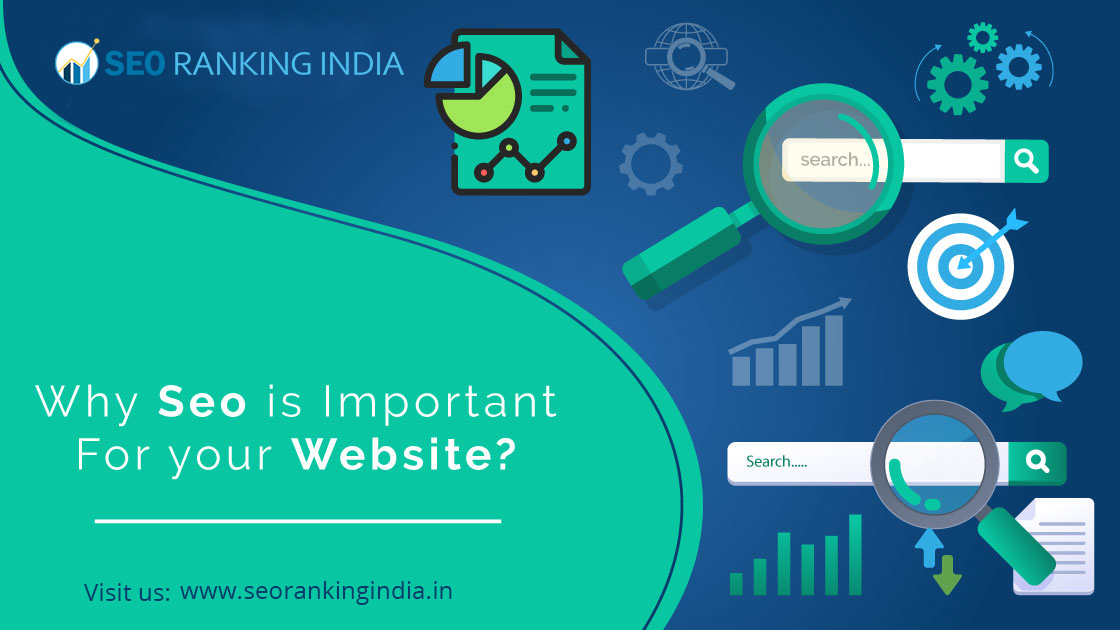As you now know the term SEO and its relevance in your business, we will discuss in detail why exactly it is a need of an hour for the start-up companies and brands.
Chapter Objectives —
How is SEO relevant to Small Business?
SEO for business is no longer a choice- it’s necessary!
- To enhance your website presence you need to consider marketing strategies such as SEO.
- Just setting up a website is not enough. Your website has to be marketed and promoted.
- Some cost-effective SEO techniques bring more people, and most importantly, right kind of people to your website.
- Using helpful SEO techniques can put your business on a more stage playing field with larger companies.
- The more you spotlight on organic search engine optimization hard work, the more probable you are to add quality copy to your site, which is good for both SEO and the user experience.
- A good search engine optimization firm will help you to make your Web site more accessible to those with disabilities, which also makes your Web site more search engine friendly.
- When you focus on what’s good for visitors, you will also help your SEO efforts.
The difference between short-form and long-form videos is simple: short-form videos are short, and long-form videos are long. To be more specific, short-form videos are typically under 10 minutes long, while long-form videos exceed that 10-minute mark. You’ll see a lot of short-form videos on social media (although you can use this format on other channels). Target, for example, uses this video format on Instagram to advertise its products.
You’ll typically see longer videos on a business’s website or YouTube. Video and podcast hosting provider, Wistia, uses long-form video to educate its audience about the cost of video production.





